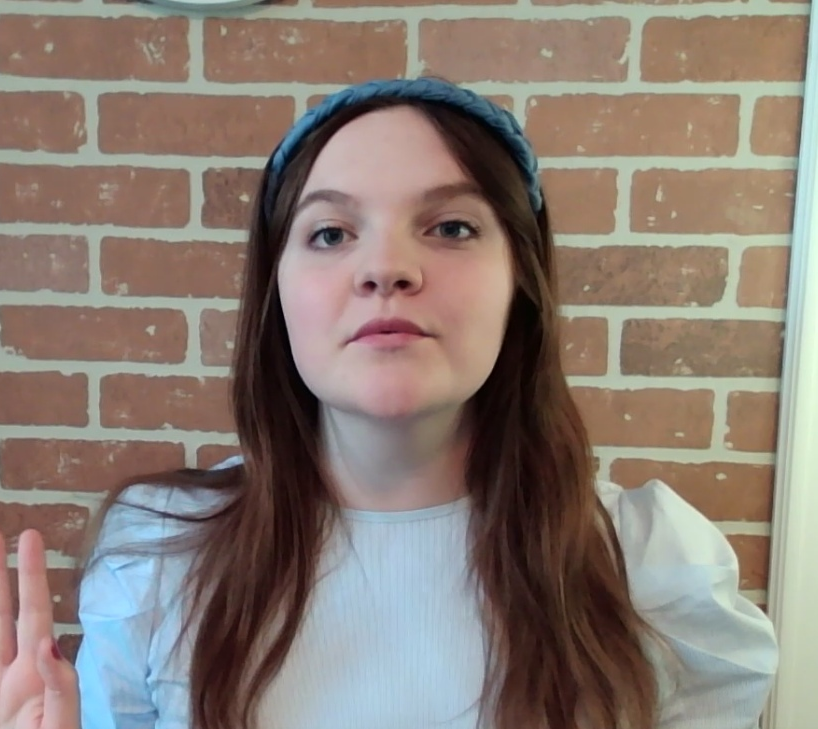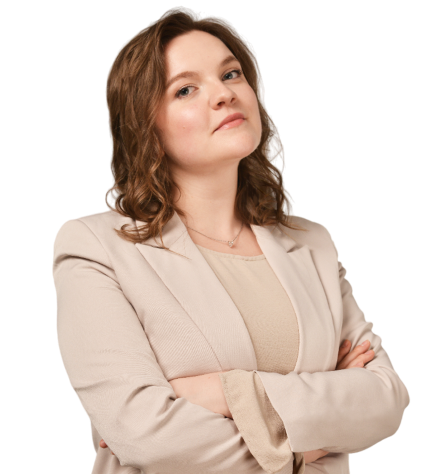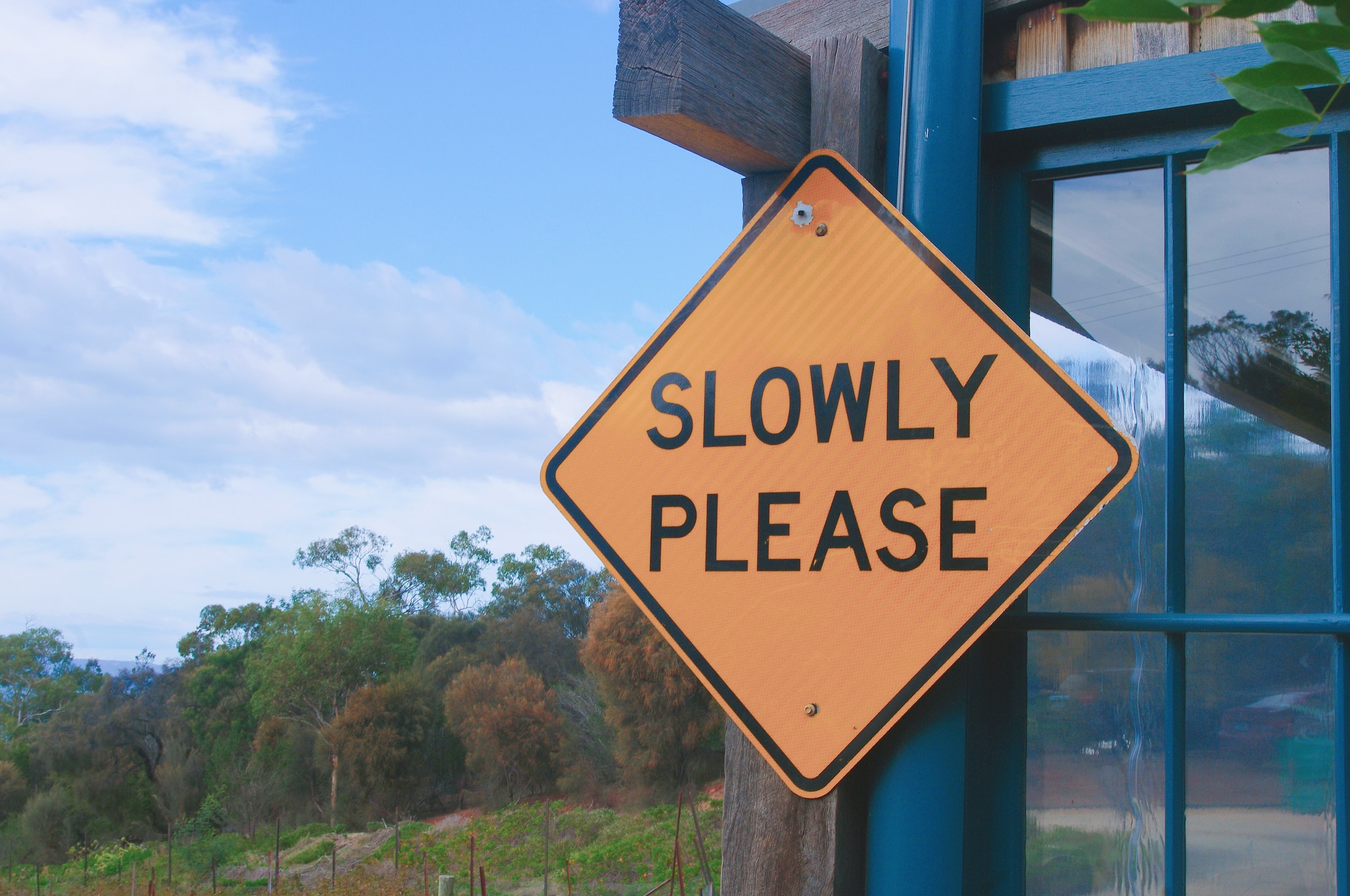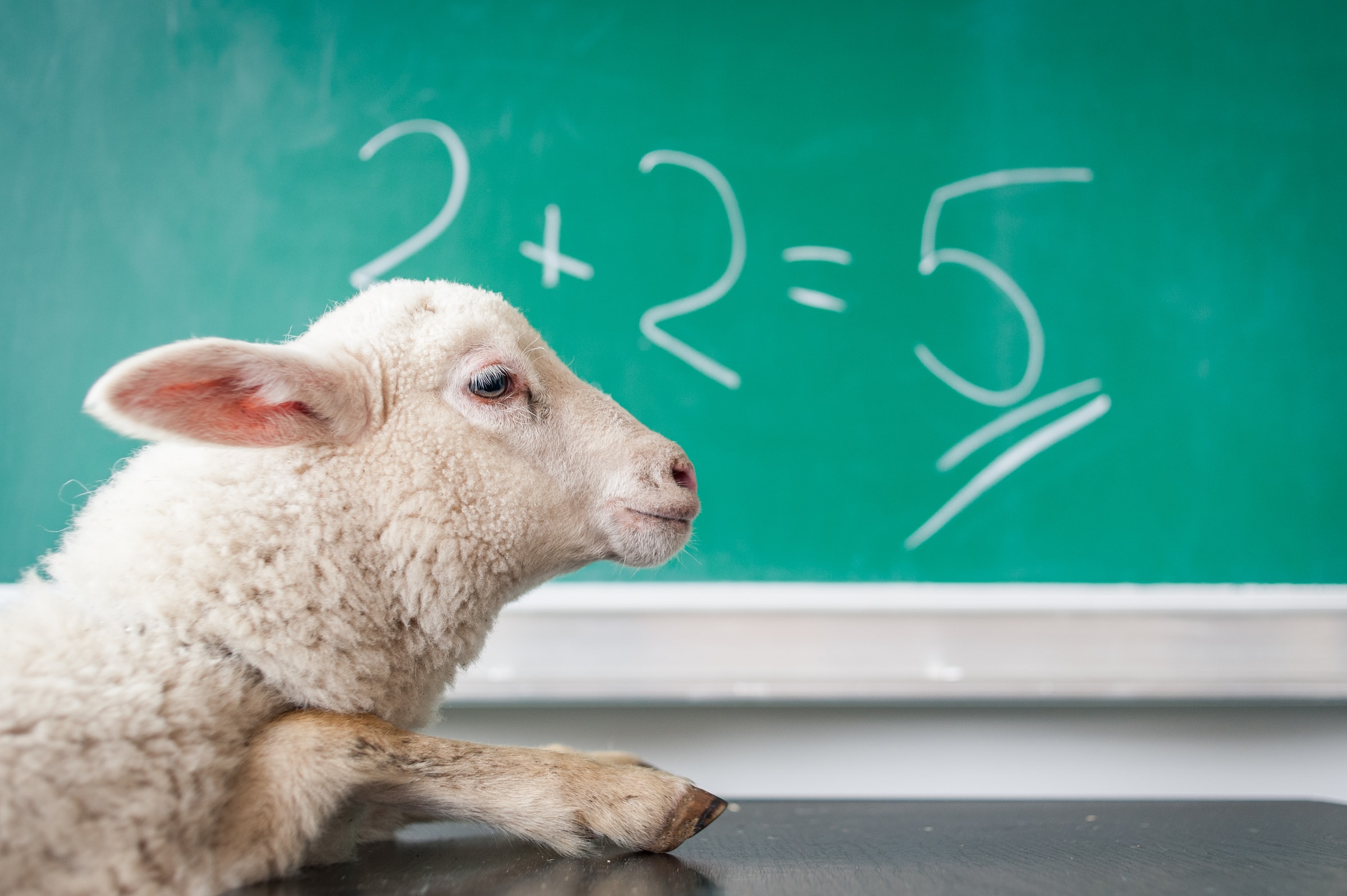Today we will talk about Conditional sentences. These are sentences, that consist of two parts, “main part” and “if-part” with some condition, for example: “If you study hard, you will pass this test”. In another article we already talked about the function and necessity of Conditionals in the English language. We also learned how to form Zero and First Conditionals. Let us remember that there are six types of conditionals:
- Zero Conditional
- First Conditional
- Second Conditional
- Third Conditional
- Mixed Conditional 1
- Mixed Conditional 2
Today we will talk about Second, Third and Mixed Conditionals. So, a Conditional sentence consists of two parts. These two parts can be situated differently, the clue here is that the “if-part” should start with “if” or “when”: “I will phone you when I return home. When I return home, I will phone you”.
Each type of a Conditional sentence is constructed with the help of different grammar tenses: past, present or future. As far as we talk about Second, Third and Mixed types, all of them describe a hypothetical, unreal or predicted situation. Remember, here we do not talk about real events!
Well, the Second Conditional is used to talk about hypothetical, unreal events that could happen in the present or future. For example: “If I were a king, I would live in a luxurious palace (it is our wish for the present)”. As you see in the example, such a Conditional sentence is used when there is a very low probability and the situation is usually happening in our imagination. To form such a sentence use “Past Simple” in the if-part and “would + verb” in the main part: “If I saw this actress, I would take a picture of her”. Note that in Conditionals, where we use Past Simple, after “I” goes “were” and not “was”.
The third conditional is also used to talk about unreal situations but in the past, not in the present. The probability is even lower than in the second conditional. For example: “If I had gone out a bit earlier, I would not have been late for the meeting with our business partners”. As you can see, here we use complex tenses. In if-part use “Past Perfect” (had gone). In the main part use “would + Present Perfect” (would not have been).
I know that this theme may seem complicated, that is why I want to give you some advice. Just learn what tenses to use in each part, and to do it faster use one tip. Remember, that “will” and its past form “would” always go in the main part of a conditional sentence and always have some present tense after it (Present Simple or Present Perfect). If there is a past tense - it is if-part!
And what about mixed conditionals? Well, they are named “mixed” because they are a mixture of the Second and Third Conditionals. There are two types of Mixed Conditionals. The First Mixed Conditional combines the if-part of the Second Conditional (Past Simple) and the main part of the Third Conditional (Would + Present Perfect): “If I were wiser, I wouldn’t have gone there”. As usual, we describe an unreal situation, but it is a past situation (past situation - I wouldn’t have gone there) with a condition in the present (present condition - If I were wiser now).
The second type of Mixed Conditionals is formed with the if-part of the Third Conditional (Past Perfect) and the main part of the Second Conditional (Would + verb): “If I had gotten a fortune, I would live as a king now”. We need this type to talk about a situation in the present or future (present situation - I would live as a king now) with a condition in the past (past condition - If I had gotten a fortune).
That is all about Conditional sentences for now. We talked about four types of Conditional sentences and learned how to form them. To sum up, you can check the table with all four types of Conditional sentences below. If you want to know about Zero and First Conditional sentences, describing real events, read my other article!
Table 1. Second, Third and Mixed Conditionals
| Type | Structure | Example | Usage |
| second |
Would + verb, If Past Simple |
I would be very rich, if I had enough knowledge. | unreal situations the present or future |
| third |
Would + Present Perfect, If Past Perfect |
If I had believed him, I wouldn’t have lost my best friend. | unreal situations the past |
| mixed 1 |
Would + Present Perfect, If Past Simple |
I would have accepted their offer, if I were cleverer. | unreal situations the past with a condition in the present |
| mixed 2 |
Would + verb, If Past Perfect |
I would live in Australia now, if I had accepted that offer. | unreal situations the present or future with a condition in the past |










Comments (0)